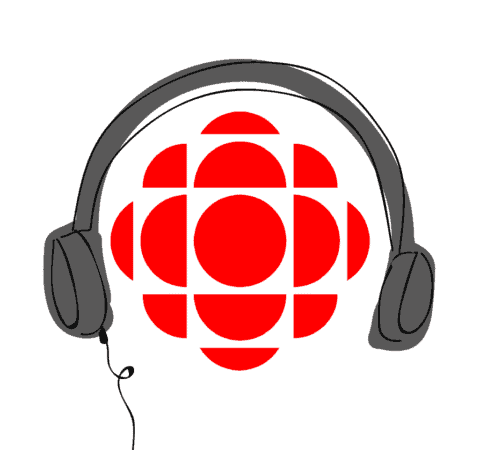For many students, university is a time when many life-changing experiences occur. While these experiences can often be hard to describe, one CBC Radio program is attempting to help students tell their stories in a new and creative way.
Campus is the CBC’s first original podcast, which was launched in 2015. Campus aims to capture the messy, joyful and always interesting experiences of university. Driven by honest, first person narratives, Campus allows students to tell their stories the way they want to tell them.
Spearheaded by host Albert Leung and senior producer Sean Brocklehurst, Campus covers university-related content that you wouldn’t hear on a traditional news program. Past episodes have included first person accounts of what it’s like to be homeless while attending university, the experiences of living with anorexia and an interview with two survivors of the Virginia Tech campus shooting.
 According to Brocklehurst, it’s these unique stories that really set Campus apart from other programs.
According to Brocklehurst, it’s these unique stories that really set Campus apart from other programs.
“We’re really just looking at the college experience not from an academic point of view but more of like, the experience of college and life changing experiences that change the way you view yourself,” Brocklehurst said.
Each episode features intimate portraits of individual students and their lives. Speaking directly to students gives Campus a kind of honesty that’s difficult to find in other places.
“Every story that we do, we basically do like four-hour interviews with our characters and really sort of mine stories so that we can reflect the experiences [of our characters] in the best way that we can. The key to our stories and the key to the ones that really have an impact is that our characters tell the stories themselves,” Brocklehurst said.
It’s not just the stories told by Campus that are unique — it’s also the mediums used to tell them. As a podcast, Campus isn’t a traditional radio show — it exists only in the world of the Internet and in the mind of its listeners. It can’t be heard by tuning into your local CBC station; instead, Campus can be heard anywhere and anytime you like through a computer or mobile device.
The unique format of podcasting was the clear choice for an innovative program like Campus. Leung emphasizes that podcasting is a very of-the-moment form of media, and one that resonates with younger listeners.
“I would say podcasting is all the rage right now. You look at the success of [podcasts like] Serial, Radiolab, This American Life — I think radio and audio in particular, are going through a sort of second ‘golden age,’ and existing entirely on the web gives us a massive playground,” Leung said. “I think the audience interaction is immense and in some ways, immediate. Social media, right? It’s just dead obvious. We’ll be able to share a lot of extra content that we normally wouldn’t have time for on traditional radio.”
Brocklehurst went on to add that podcasting offers an intimacy with the listener that matches the intimacy of the first person stories that Campus features on its program.
“It’s almost like inviting someone into your home and having a drink with them and they basically let loose on this crazy story they’ve had building up inside them and it’s almost like they’re telling it to you for the first time and all the emotion that comes with that you feel from the podcast,” Brocklehurst said.
As a student-driven program, Campus hopes to give students the opportunity to pitch their own stories, hopefully to be featured on a future episode of the podcast. Students can contact Campus via email, which is provided on its website, or by following the show on social media outlets like Facebook and Twitter.
Ultimately, Campus seems to be all about telling great stories about the university experience and making those stories as accessible to listeners as possible.
“We’re really fascinated about who you could potentially become during that sliver of time,” Leung said. “University is really an ultimate crash-course on life, and we felt in particular that campuses are really a breeding ground for memories to be made, moments to be had, but ultimately, really, really good stories to be told.”
—
Emily Klatt
Graphic: Lesia Karalash / Graphics Editor
Leave a Reply